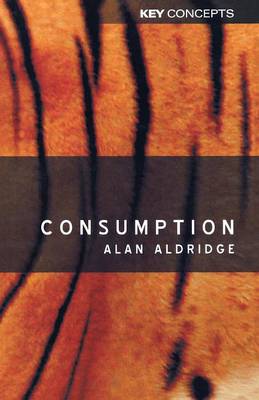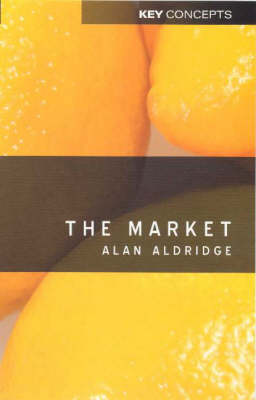Key Concepts
2 total works
Community and social class appear to be in irreversible decline. Job insecurity has grown, and fewer people see work as giving meaning to their lives. Instead they turn to consumption for social standing, a sense of identity, and personal fulfilment. We appear to be living through a profound transition from a society based on production to a new social order, the consumer society, from which there is little chance of escape.
The book analyses the relationship between the rise of consumerism and the transformation of the world of work, including the new demands for ‘emotional labour’. It concludes by examining the limitations of consumer organizations and consumer protection in a promotional culture dominated by global brands and saturated with advertising, corporate sponsorship and product placement.
This lively book will be essential reading for students and researchers in sociology and cultural studies.
In this book, Alan Aldridge guides readers through the complex interplay between analysis, description and ideology that characterizes social theorizing on the market. A distinctive feature of The Market is its emphasis on the role of culture in shaping the social reality of markets as perceived and experienced by people participating in them.
Ideologies examined include:
- Market fundamentalism – the conviction that free markets are universally beneficial
- Market populism – the assertion that the free market reflects the democratic will of the people
- Economic ‘man’ – the notion that the main motive of our actions is to maximize our personal advantage
- Globalism – the claim by neo-liberals that the global expansion of markets is irresistible, making political action irrelevant
The Market will be essential reading for students and researchers interested in the sociology of economic life, economic sociology and political economy.

